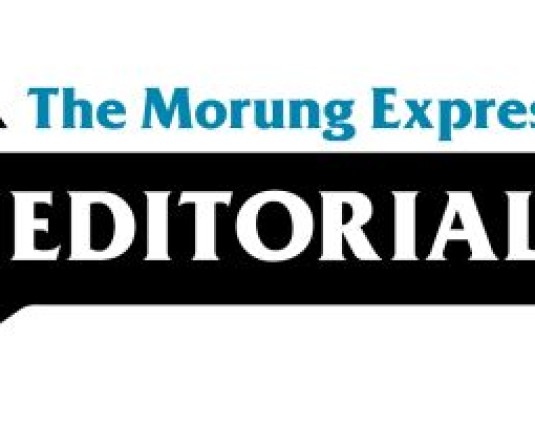
By Imkong Walling
‘Sensationalism’ has come to be associated with journalism. As explained by the dictionary, it means a ploy used by news editors and journalists for capturing eyeballs, at the cost of accuracy and objectivity. Perhaps the heading above serves as an example.
Journalism is not alone in this, however. With the advent of social media, the term has found company, an unofficial synonym in the form of ‘clickbaits’ employed by digital content creators for the obvious ‘views, likes and hits,’ and the associated revenue perks.
While these two get all the blame, politicians of the electoral kind have not been far behind, living and thriving in it. India is a prime example, where politicians of all hues have fallen to the allure of episodic limelight-hogging antics, to the hilarity of a bored populace.
The case of an ambitious ex-candidate challenging his electoral vanquisher from 2023 for a debate on the topic of press freedom was one that bordered on the farcical. It did not surprise anyone when the proposed showdown did not play out. It did however provide much needed comic relief.
Not long after, the focus trained on to the next story. The story happened to stride into a contested territory called satanic worship. A high profile MLA, who ensures he gets a slot to speak at every seating, wanted a discussion centred on prohibiting supposed satanic worship in the state as a ‘matter of urgent public importance’ in the monsoon session of the state Assembly.
Next was the statement from the Nagaland Joint Christian Forum (NJCF), terming satanic worship as a universally condemned practice. The statement though appeared contradictory. On one hand, it expressed apprehension that according attention of the Assembly “risks unintentionally promoting or legitimising something that does not even have a structured existence,” on the other, expressing support for prohibiting the alleged practice.
A greater surprise was the Assembly initially admitting the request for discussion on a hypothesis drawn from the realm of the anecdotal, only to defer it “until further listing.’ Guess the House custodian and Leader of the House were reminded of the Constitution, and the emphasis on demonstrable evidence.
The Constitution is clear. The government cannot dabble in a subject that is not in its constitutionally mandated domain, unless there is a cognisable threat, involving harmful ritualistic acts violating the principles of human dignity.
Nepotism, cronyism, absenteeism, illicit proxies, bad roads, derelict state-run hospitals and schools, unstable electricity, missing public water supply, encroaching of state lands; the unconcealed corruption in the bureaucracy and governance in general, and many other worrying issues should be ‘Matters of Urgent Public Importance’ for the government, not some request for a discussion based on suppositious accounts.
The writer is a Principal Correspondent at The Morung Express. Comments can be sent to imkongwalls@gmail.com






